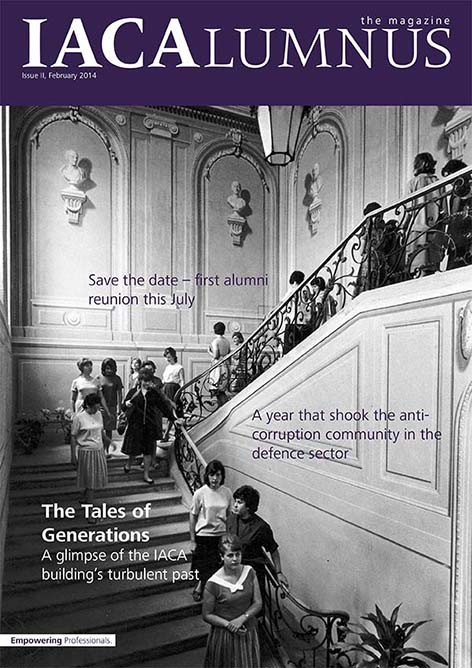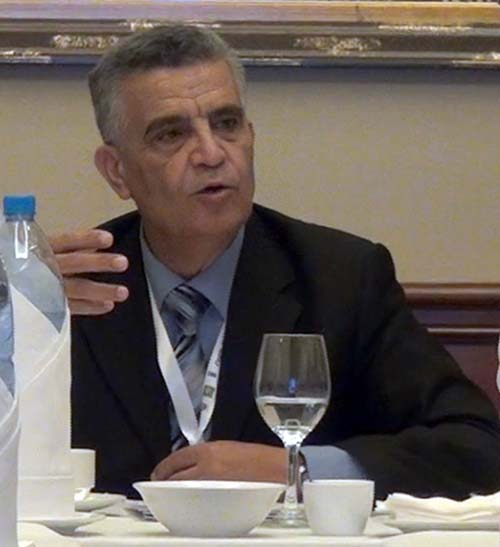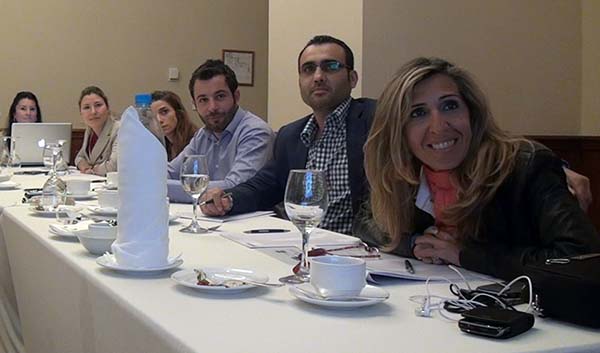Lebanese journalists face hardships in accessing information, with legal checks and outside pressures barring them from conducting proper investigations into corruption, Media Unlimited director Magda Abu-Fadil said.
“Laws often trip up journalists as their interpretation or misapplication hamper serious investigations and the uncovering of wrongdoing,” she told the International Anti-Corruption Academy’s “IACAlumnus” magazine.
But, she noted, that if a dedicated journalist is intent on covering corruption issues, he/she can do so at his/her own peril.
“The Endless Battle on Corruption in Media,” an article in the magazine by Rouba El Helou, focuses on issues like the mixture of politics, religion and economics that lead to corruption in media and undermine journalists.
“Revealing the truth in corruption stories helps protect citizens from further harm, sets a good example as to what ethical behavior ought to be, and acts as a deterrent to potential criminals,” Abu-Fadil said.







